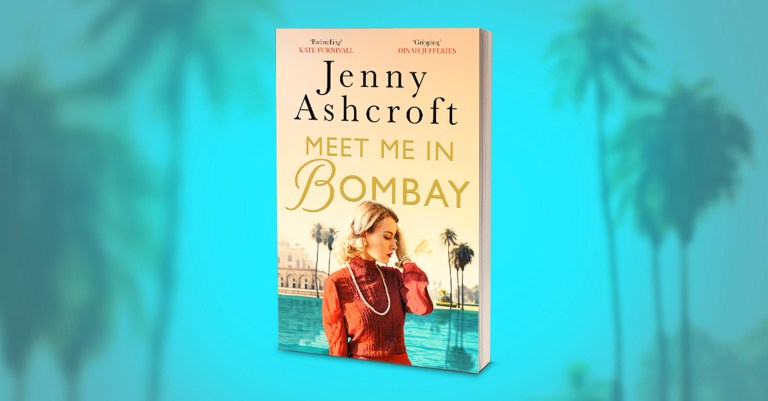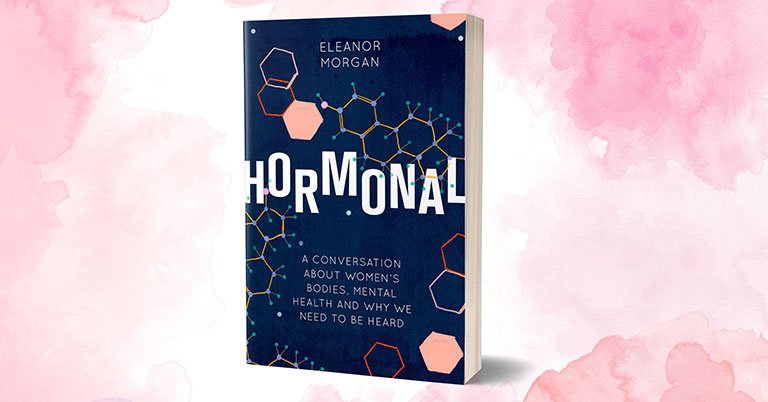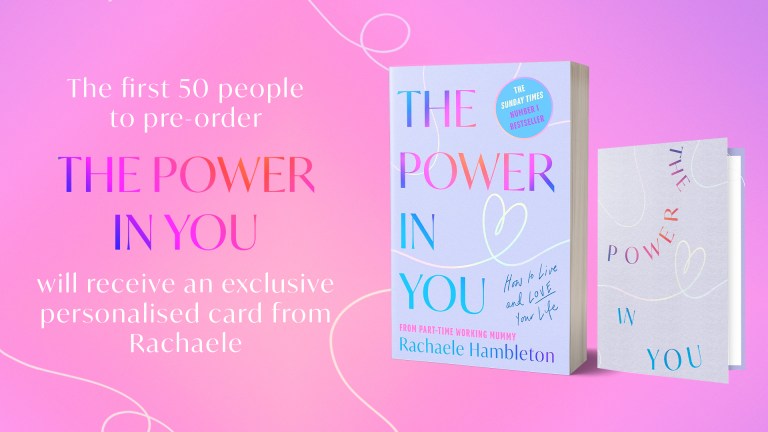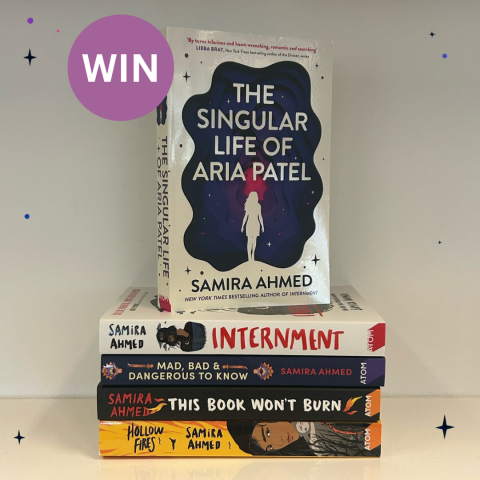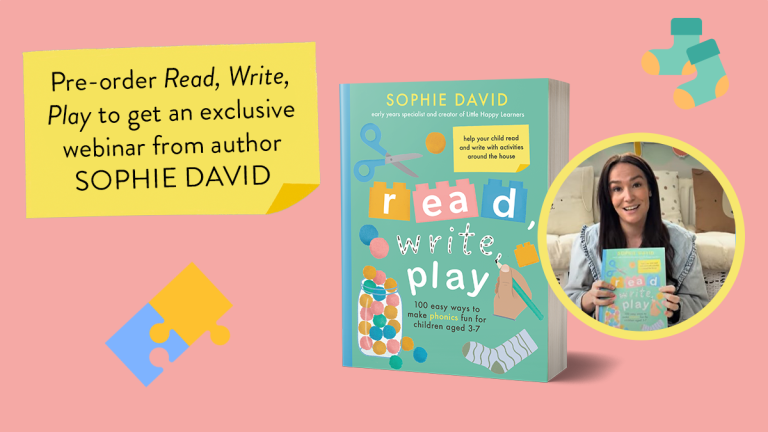Q&A with Sonia Purnell, author of A Woman of No Importance
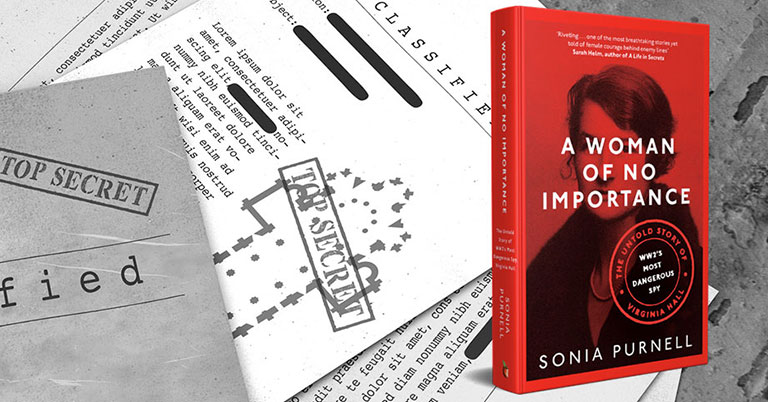
Q&A with Sonia Purnell, author of A Woman of No Importance
1. How did you come to write about Virginia Hall – an incredible but unsung hero of the Second World War?
The Second World War is a period of history that has always drawn me in, perhaps because my late father fought in the war. But he was reluctant to speak of what he did. This seems to be a theme with those who made a difference and when I stumbled across Virginia I had a feeling that there was more than met the eye. And my hunch proved correct a hundredfold. I knew about her disability of course, but while deciding whether to write the book I took my teenage sons to see Mad Max: Fury Road (not my typical choice of movie) and was immediately gripped by the female hero who has lost her forearm. It was almost as if she was a fictional, futuristic Virginia. Well, I had to go ahead then!
2. What was it like researching Virginia’s story, which had never been told in full before?
So many files, papers and documents have been lost, destroyed or misfiled that tracking Virginia’s story required a lot of detective work over three years with barely a day off. She operated under so many different codenames that people hadn’t pulled together all the strands of her operations before. There is no short cut. Dates and places and people have to be matched up until you have the full picture. My great good fortune is that one of her comrades in the Resistance – Pierre Fayol – had done a huge amount of research on her in the decades after the war when people were still alive, memories were fresh and documents that have since been lost were still available. Without Fayol’s incomparable yet bizarrely overlooked collection on a dusty trolley in Lyon – opened to me very kindly by the Resistance museum there –Virginia’s full story might have been lost to us for ever.
3. How did being a woman, and a woman with a disability, impact Virginia’s career? Has the world improved for women in the workplace since the 1930s?
One of my great interests is motivation – why did Virginia take insane gambles with her own life for the sake of another country? I believe that the tragedy of losing her leg perhaps answers all these questions. She was driven to prove her worth, to triumph despite all the cruel rejections she had faced, to make a difference as a disabled woman when most thought it impossible. In the process she showed an astonished male establishment – on both sides of the Atlantic – just what women could do in warfare. Women in combat is still controversial today, but nearly eighty years ago she was commanding men well behind enemy lines with daring and aplomb. The CIA now publicly acknowledge Virginia’s heroism – and the new, and first female director of the CIA has spoken about how her promotion to the top job was possibly only by the breaking down of barriers by pioneering women of the OSS and CIA. This is obviously widely understood to include Virginia, and perhaps her most of all.
4. How did Virginia Hall change spycraft?
America had no great spying tradition; indeed in 1929 War Secretary Henry Stimson had summed up the national distaste for espionage with the pronouncement that ‘gentlemen do not read each other’s mail’. Britain’s MI6 was an old hand – but its spies were traditionally posh boys raised on imperial adventure stories and were trained to observe and report but not otherwise get involved. They were scarcely a match for the depraved barbarity of the Third Reich and their supporters in Vichy France. One espionage historian, Nigel West, has explained the difference: if MI6 saw enemy troops cross a bridge it would keep a safe distance, calculate the numbers and report back to base. Virginia and the other SOE operatives would have simply blown up the bridge. It was this combination of intelligence, subversion and missions such as sabotage and ambush that was pioneering and which set the stage for special forces operations for many decades to come.
Initially, though, her job was to recruit secret cells of disciplined men and women prepared to put their lives on the line to spy, courier messages and arms, and only when the right time came to fight for their lives and their country. In this, as in so much else, she was described by her commanders as ‘almost embarrassingly successful.’ No one had ever really done this before in a foreign country; she had to make up the rules as she went along. If she got it wrong, though, she would pay with her life.
5. What did Virginia believe in, and what values motivated her to fight?
Virginia had a ringside seat in Europe for the advent of fascism. She arrived in Paris during the Années Folles of the 1920s, soaking up the new emancipation for women, the flowering of literature, music and art. It was a joyous intellectual and social awakening for her that gave her vistas well beyond the concept of marriage entirely defining a woman’s life and across borders to make friends and connections well beyond her home city of Baltimore. But this awakening was clouded by the European forces of fascism massing on the horizon – in Germany, Italy, Austria and later elsewhere. Yet to her horror, the mounting hatred, racism and lies that came with the march of the far-right – and in some cases the far-left – was largely met with apathy or incomprehension. Therein started her desire to alert the world to the dangers, and then give her life to fighting them.
6. Could you tell us some of your favourite, perhaps surprising, moments from Virginia’s life?
There’s something unexpectedly homely about her love of a cup of tea – a fondness SOE did their best to satisfy by specially packing little packets of tea for her in with all the guns and explosives dropped into the battlefields by parachute. But how can I not mention the fact that in the most unlikely and gruelling circumstances, and after years of being alone, she eventually found love with Paul. Shorter, younger, more junior than her, he had her back but also made her laugh. He lightened her life and after the war made it worth living. That thought, I confess, after everything she had been through, catches my throat every time.
7. How do you think Virginia – who never sought or received recognition for her accomplishments – would feel about your book?
Obviously, I hope she would love the book! It is an attempt not to glorify or romanticise what she did, but to tell it straight: the mistakes she made but also her incredible successes. Perhaps women have been too reticent for too long about their contribution to world events, but I know that in my own life I now often look to Virginia for inspiration when times are tough and I would like to think that others will soon be able to do the same. She sets us an example of courage, fortitude, and the understanding that we should all play our part to the very best of our abilities.

